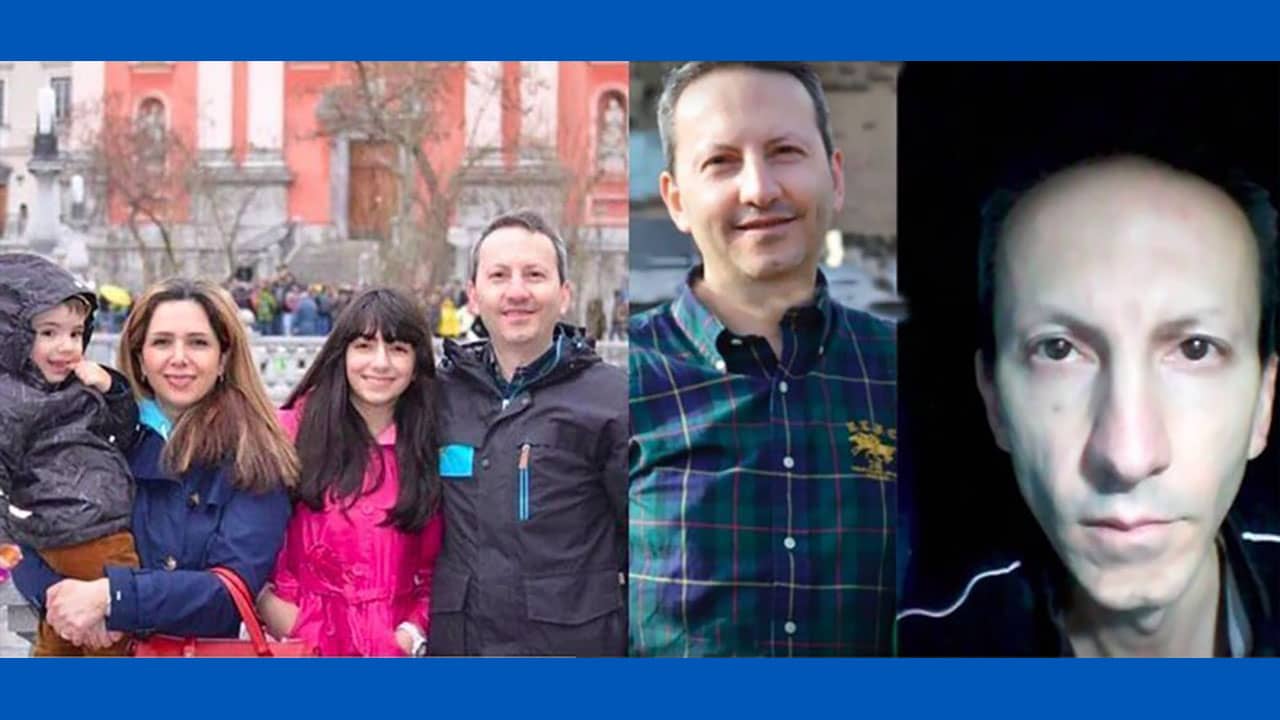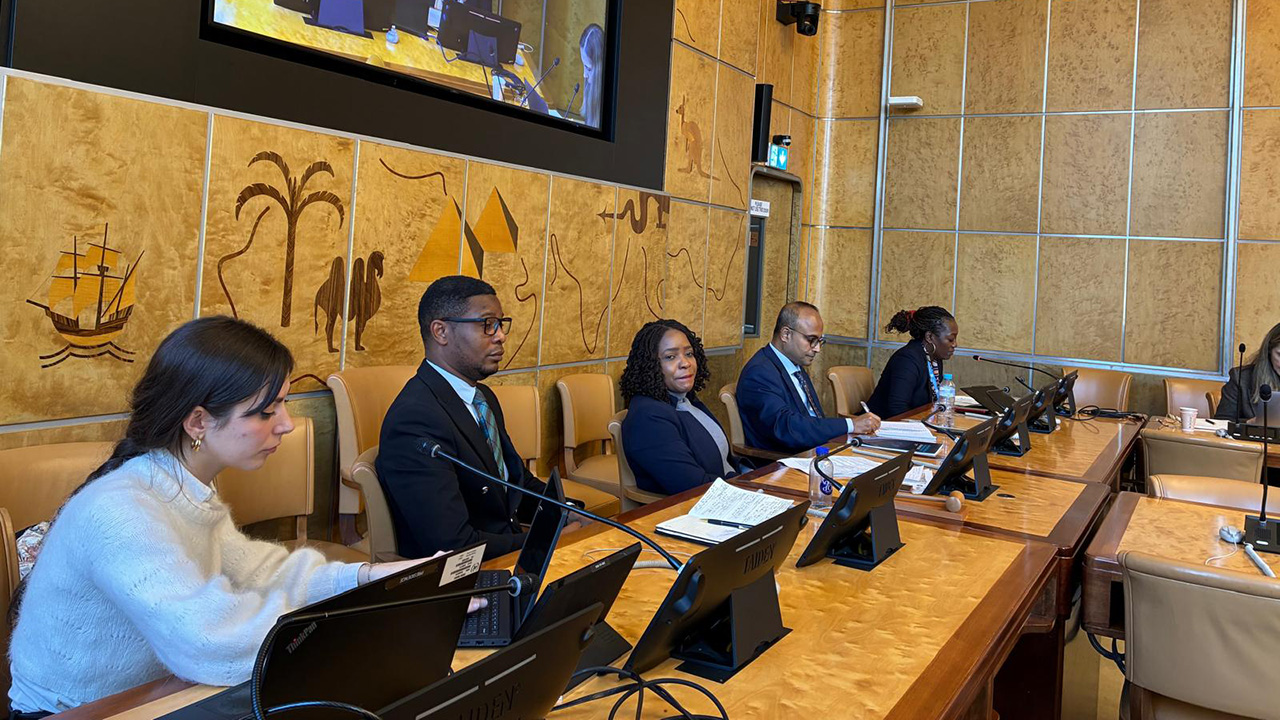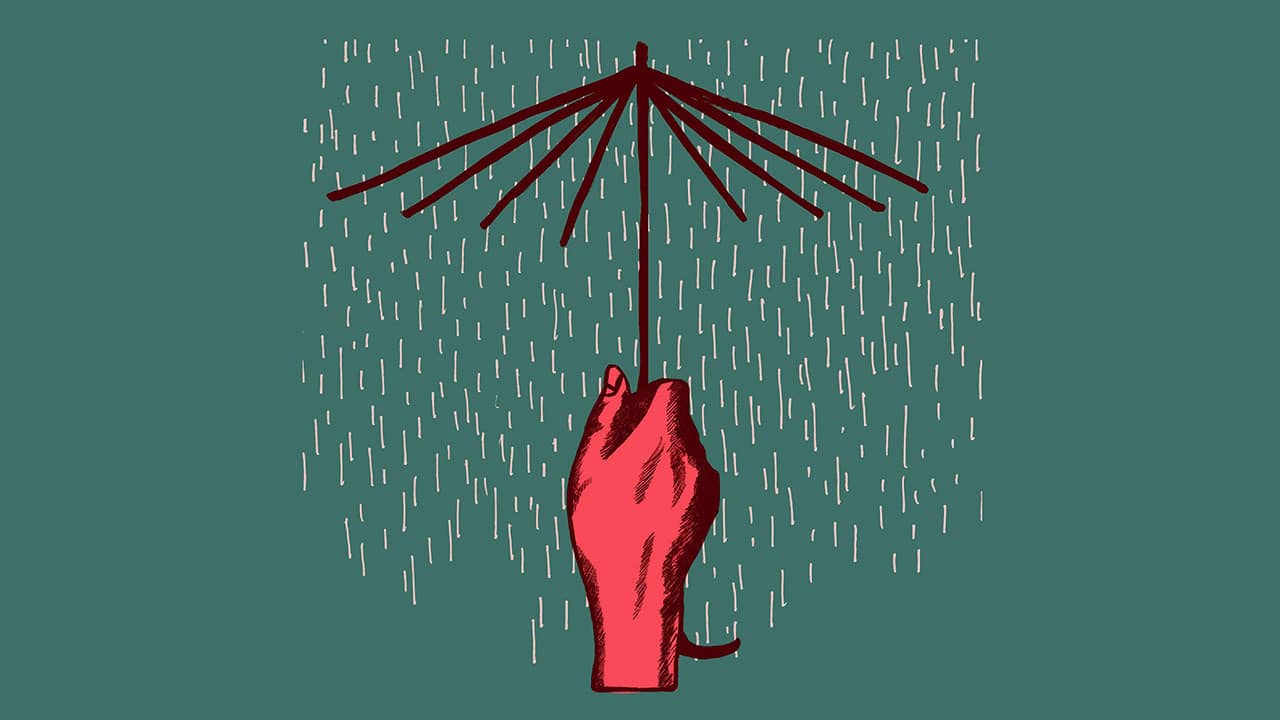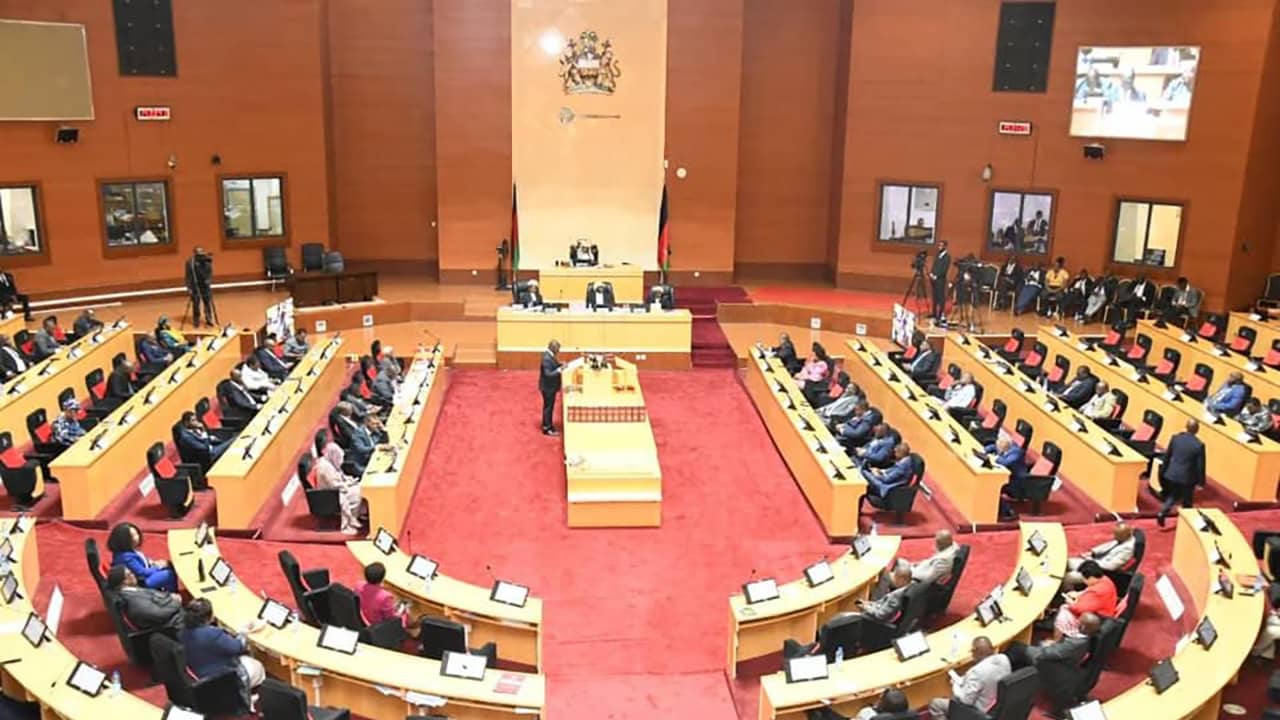
New York/The Hague/Stockholm
PGA joins the global urgent call of human rights organizations and academic associations pleading Iranian authorities to halt the execution of the Iranian-Swedish medical doctor, lecturer and researcher, Dr. Ahmad Reza Djalali and to release him instead.
Arrested without a valid warrant on 24 April 2016 by Iranian security forces, followed by a trial marked by serious breaches of the right to fair trial, Dr. Djalali was sentenced to death on unfounded espionage charges in October 2017. The 2017 opinion of the UN Working Group on Arbitrary Detention denounced Mr. Djalali’s arbitrary detention, notably because his “confessions” - used as the only evidence in the court proceedings - were obtained under torture and other ill-treatment, in violation of the prohibition of torture or other cruel, inhuman or degrading treatment or punishment under article 5 of the Universal Declaration of Human Rights and article 7 of the International Covenant on Civil and Political Rights.
Since then, Mr. Djalali has continuously suffered from physical and psychological torture, ill-treatment, as well as medical complications due to denied medical treatment - another serious violation of Mr. Djalali’s basic human rights.
Whereas several statements requesting for his release were issued by the Office of the UN High Commission for Human Rights in 2020 and 2021; whereas European Parliament resolutions urging for the halting of his execution were adopted in 2019, 2020, 2021 and 2022; and whereas multiple calls from other human rights organizations allowed to raise awareness on his case since 2016; Dr. Djalali’s life still faces great risks, as the Iranian news agency ISNA recently published information that Dr. Djalali’s execution would be carried out no later than 21 May 2022.
PGA firmly condemns the use of torture, arbitrary detention, and death sentence of Mr. Djalali, whose case is nothing else but a miscarriage of justice and a flagrant violation of his most fundamental human rights.
The inhuman conditions under which Dr. Djalali was detained demonstrates the great suffering inflicted on detainees and their families by the use of the capital punishment. As human rights defenders, I join the urgent call on Iranian authorities to stop the execution of Dr. Djalali, as well as the imposed sentence of death on the hundreds of other human rights defenders who encounter a similar fate and blatant human rights violations in Iranian custodies. Stopping the practice of arbitrary detention and abolishing the death penalty must be of an absolute priority, including in our dialogue with Iran. Ms. Margareta Cederfelt, MP (Sweden), President of the OSCE Parliamentary Assembly and former PGA President
PGA opposes capital punishment in all circumstances. Parliamentarians have a crucial role to play in the movement to restrict the use of the death penalty and ultimately abolish it through drafting legislation, deliberating on national policies, and enlightening public opinion.






